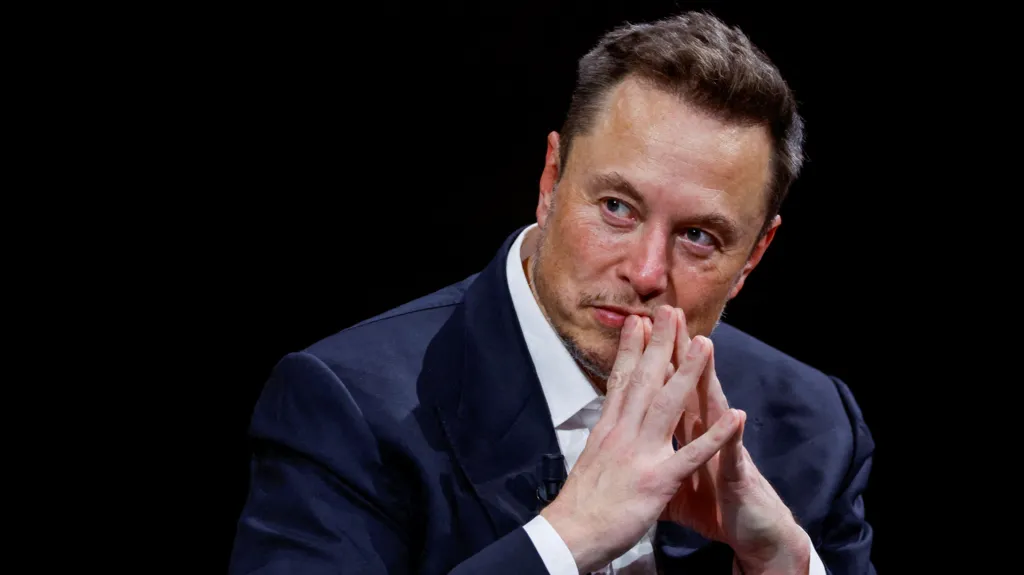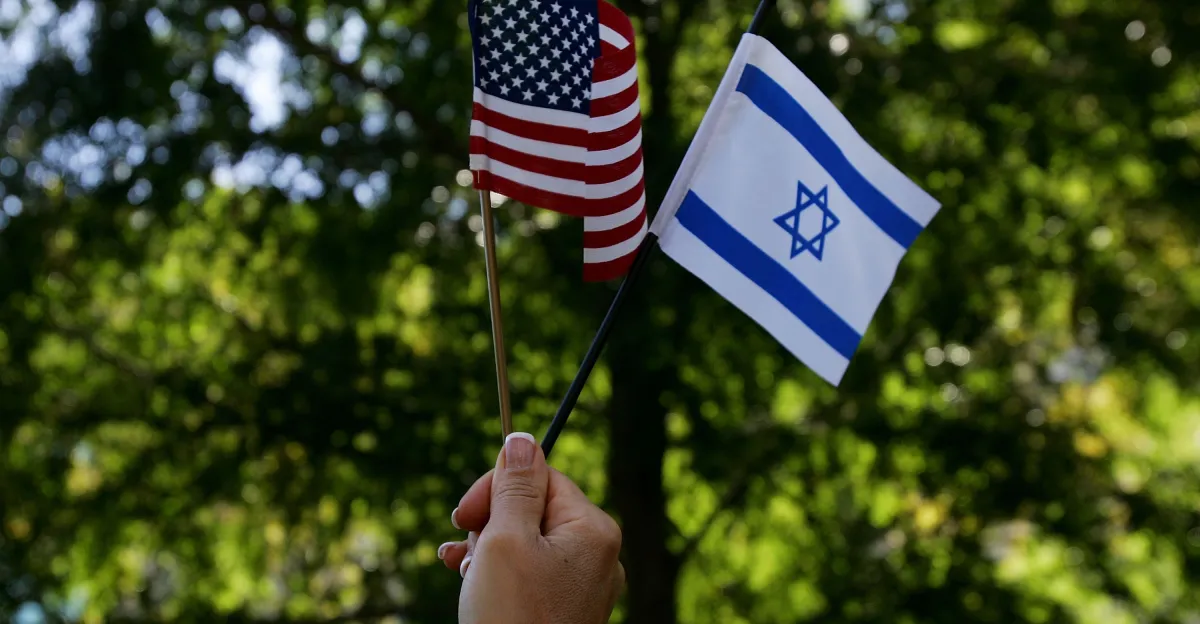The Trump Organization, currently managed by the sons of former U.S. President Donald Trump, has announced a new venture into the mobile telecommunications market. The initiative introduces a gold-colored smartphone manufactured in the United States, priced at $499, along with a mobile service plan costing $47.45 per month.
The monthly fee references Trump’s roles as the 45th and 47th president of the United States. However, specific details regarding the business partner managing the service and the licensing arrangement were not disclosed in the initial announcement.
The initiative has drawn attention from ethics observers due to concerns about potential conflicts of interest, particularly given the family’s business ties to regulated industries. Trump has previously stated that he placed his business interests in a trust managed by his children. The White House has maintained that his actions have consistently aimed to serve the interests of the American people.
According to the Trump Organization, the service is intended to offer affordable and reliable mobile connectivity for American consumers. Among its features are discounted international calling options for families with military members stationed abroad and U.S.-based customer support.
The smartphone is currently available for pre-order. This new venture continues the Trump family’s longstanding business model of leveraging its brand across various consumer products. In recent years, Trump-branded items have included Bibles, watches, fragrances, and sneakers.
Recent financial disclosures show that Donald Trump earned more than $600 million last year. Estimates also suggest that his net worth has more than doubled, partly attributed to the growth of his social media company, Truth Social.
The U.S. mobile phone market is primarily controlled by major providers such as AT&T, Verizon, and T-Mobile. However, smaller mobile virtual network operators (MVNOs) are increasingly targeting niche audiences through customized plans. A 2024 report by the Federal Communications Commission indicates that these smaller providers serve under 10 million subscribers collectively.



